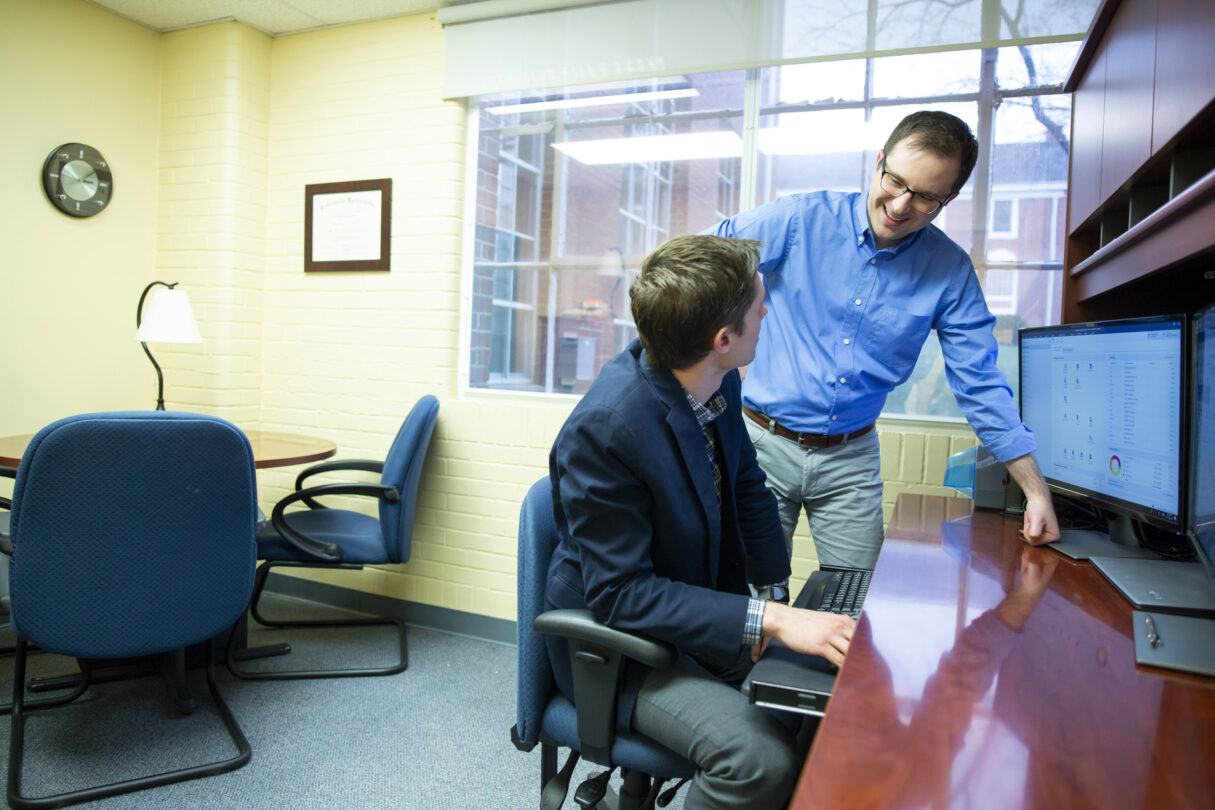People & Leadership
From work-life balance to working in a high-performance team: Here’s what 5 generations really want from their employer
We spoke to employees across the generational spectrum from 17 to 70 to find out what drives them in the workplace. Here’s what we found.

By 2024, 25% of the world’s workforce is predicted to be over 55.
With people leading longer, healthier lives, and social security reforms across the world meaning that pensions and government support are kicking in later, many of us simply cannot afford to retire early.
This trend has led to an increasingly age-diverse workforce, and businesses are now facing the challenge of managing five distinct generations, each with their own varying expectations of work and their working lives.
The truth is that there’s no one-size fits all approach.
So, following the publication of our 17-70 research, we spoke to employees across the generational spectrum to find out directly: what drives them in the workplace? What are their expectations of an employer?
Here’s what we found – and some of the stand-out quotes from each generation we spoke to.
Free research report: The changing face of HR
Seismic shifts in the way organisations operate, work, and manage their people are occurring. We surveyed 500+ HR leaders to discover how they are responding.
Uncover insights on how to stay ahead and transform HR from a process focused function to a people driven business.

Traditionalists prioritise fair and equal treatment
Traditionalists, born between 1929 and 1944, were almost exclusively worried about ageism, and being stereotyped because of their age, in the workplace.
They explained that they rightly want an employer that treats “everyone equally and tries to assist anyone who needs it” (Leonard, Security Officer and retired Police Officer, 72) based on skill rather than age.
Many of those who we spoke to are worried about stereotyping, sharing their fears with us that “ageism and stereotyping” often creates “significant limitations on talented people” within their generation (Patricia, Driver, 73).
Ultimately, traditionalists we spoke to said they don’t always feel that they are respected for the wealth of “experience and expertise” that they have to offer (Alexandra, Senior Lecturer in Gerontology, 75).
Consider your inclusion strategies at work – are you confident your organisation, or other employees, don’t discriminate because of age, even unintentionally?
Make sure you’re listening to older generations in your workforce and that you’re designing experiences for them, as a result, that keep them fulfilled and engaged in the workplace – just as much as you are for other generations.
Quote of the generation: “Stereotyping can introduce significant limitations on human experience; employees, please don’t make a judgement collectively.” (Patricia, Driver 73)
Baby Boomers focus on fulfillment and flexibility
Like Traditionalists, Baby Boomers, born between 1944 and 1964, are fearful of being “side-lined due to age” (Marla, Property Developer, 60).
It goes without saying to ensure you’re always treating them “fairly and equitably” (Jonnie, Bid Solutions Architect, 60), and actively listening to all employees, regardless of age.
Beyond this, the most important point that many Baby Boomers we spoke to made, was that they want a career that stimulates and gives them a sense of “fulfillment” (Catherine, Technical Writer, 58) without being “all-consuming” (Jonnie, Bid Solutions Architect, 60), allowing them to have a healthy, flexible work-life balance.
Clear expectations, objectives and roles and responsibilities was also raised by all generations as vital to them in the workplace, but in particular, by Baby Boomers.
Quote of the generation: “What do I want from an employer? Clarity regarding tasks, accompanied by a performance measurement that directly reflects success in undertaking those activities. I expect clear roles and responsibility and managers that know how to manage.” (Catherine, Technical Writer, 58)
Inspiration and ambition drive Generation X
Employees we spoke to from Generation X, born between 1965 and 1979, wanted a “high-performance” work environment with “inspiring and ambitious people” where they can create business and career growth (Dominic, Director of Product and Supply, 46).
“Cultural fit is also really important” (Zoe, Retail Consultant, 47) they explained, in particular, a workplace that allows “autonomy and flexibility” but also “training, support and career progression” (Helen, Commercial Insights Manager, 44).
Quote of the generation: “The biggest thing I want from a career is to work with a high-performance team. I want to be in a growth setting with inspiring and ambitious people.” (Dominic, Director of Product and Supply, 46)
Health and wellbeing are top for Millennials
Millennials we spoke to, born between 1980 and 1994, told us they want a “good work-life balance” (Michael, DevOps Engineer, 33) in an environment where “employee wellbeing is considered an important factor” (Annabelle, Content Strategist, 27).
Their perspective on work is as a means to “live a life they can enjoy” (Michael, DevOps Engineer, 33) and they believe that having independence and “flexibility” (Dina, freelance Copywriter, 39) enables them to perform better.
As Dina explains: “As a mum of two young children, I look for an employer who is flexible and output driven and doesn’t mind where I work from and what hours I do as long as I complete the project to a high standard.”
This generation wants an employer that focuses on performance output rather than hours spent behind a desk and gives them autonomy over their projects and flexibility in how they work.
Quote of the generation: “The biggest stereotype about Millennials is that we’re all addicted to our phones. We are.” (Michael, DevOps Engineer, 33)
Generation Z seek opportunities for learning
As the latest entrant into the job market, Generation Z, born between 1995 and 2015 are seeking “opportunities for growth and development” (Zara, Crime Analyst, 23).
“Progression is a big driver” (Courtney, Assistant Marketing Planner, 21) for them. They told us that they want the chance to “learn beyond the role” they are given so that they can “progress when the right position comes up” (Zara).
Relationships at work were also raised as important for this generation.
Quote of the generation: “I would hope that employers don’t just see us as their employees and see us as more friends and good people to be around and have a laugh with.” (Riyanna, Content Intern, 21)
No one size fits all
Although it’s interesting to hear what different generations really want from their employer, one thing is clear: every employee has different expectations of their employer, regardless of their age.
Yes, some Millennials may value wellbeing in the workplace, but that doesn’t mean it’s the biggest priority for all. Some employees may be motivated by money. Others want a great work-life balance. The needs might be different for someone who just moved to New York versus someone who wants to start settling down.
The important thing for organisations and HR and People teams is how they understand those needs and respond. For companies that truly listen to their employees and design great workforce experiences for them as a result, can really get ahead in the war for talent.
Free research report: The changing face of HR
Seismic shifts in the way organisations operate, work, and manage their people are occurring. We surveyed 500+ HR leaders to discover how they are responding.
Uncover insights on how to stay ahead and transform HR from a process focused function to a people driven business.







